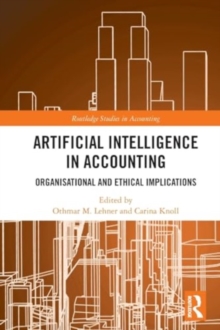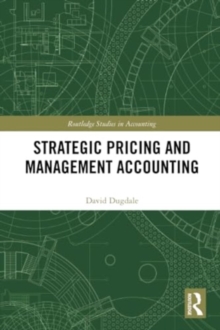
Auditing Transformation : Regulation, Digitalisation and Sustainability PDF
Edited by Jan Marton, Fredrik Nilsson, Peter Ohman
Part of the Routledge Studies in Accounting series
Description
This book identifies drivers of transformation of auditing, including regulation, digitalisation, sustainability, and individual auditor characteristics, and discusses how the drivers affect auditing.
It provides a holistic perspective, discussing these current and highly relevant themes in depth and 'one by one' and also stresses the importance of the temporal dimension, i.e., offering a historical and a present-day perspective. The book covers several different theoretical perspectives when analysing and discussing how the various drivers affect auditors, the audit process, accounting firms, stakeholders and so on. Sweden is used as a setting to study the effects of these drivers of transition. The Swedish experience is generalisable to other European countries, with a Germanic origin currently influenced by Anglo-American ideas of auditing. In addition, Sweden provides a research setting with unique access to empirical data. The monograph is unique in its broad coverage of drivers of transformation, combined with its clear focus on financial auditing. It is informed by a wide range of research approaches, from qualitative interview studies to recently developed machine learning methods. Readers, therefore, benefit from a comprehensive understanding of current changes in the audit industry.
This will be a useful reference work for students of accounting and auditing, as well as for audit practitioners, including both auditors and regulators, and for researchers.
Information
-
Download - Immediately Available
- Format:PDF
- Pages:419 pages
- Publisher:Taylor & Francis
- Publication Date:25/08/2023
- Category:
- ISBN:9781000926941
Information
-
Download - Immediately Available
- Format:PDF
- Pages:419 pages
- Publisher:Taylor & Francis
- Publication Date:25/08/2023
- Category:
- ISBN:9781000926941










